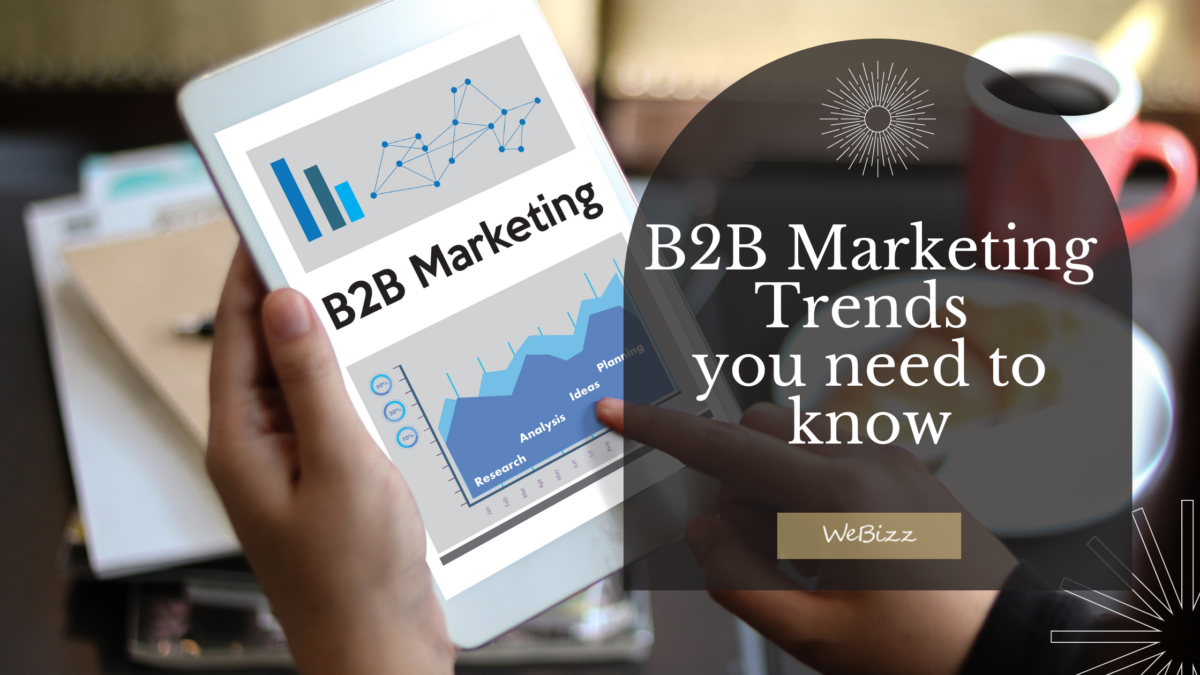B2B Marketing is About to Undergo a Massive Transition: Are You Ready?
Business-to-Business (B2B) marketing is undergoing major shifts that are crucial to understand for the future. In order to position your business most effectively, there are several transformations worth examining in the B2B marketing sphere.
B2B marketing is far different than B2C (Business-to-Consumer) marketing. This isn’t about emotionally swaying someone: it’s about being up front about what your business does and how much it costs. Factors like ROI, contractual obligations and regulations should be front and center.
Firstly, B2B buyer groups are growing. In fact, almost half of new purchases (43%) are from buyer groups with eight or more members. Buyer groups don’t want to wade through complex processes or delays: surveys show that 76% of B2B buyers want to do it themselves without a middleman (Source: ANA). This gives suppliers who are offering direct services a better path to a large sales base.
In addition, the importance of online keywords and search patterns is only intensifying, with 90% of B2B buyers searching online to find what they need (Source: Forrester). This is particularly true during the pandemic, which is still ongoing in many parts of the world.
Many of the greatest B2B marketing triumphs from last year were companies who managed to rapidly shift into the virtual sphere, optimizing their supply chain and getting products and services out quickly and accurately while also recruiting new clients seamlessly.
The simple truth of our current moment is that B2B marketing is undergoing a dramatic digital shift. It wasn’t just consumers who moved online and shopped online, it was businesses too. And to prepare for that there are two main things that you need to get ready for.
1. Understanding Your Buyer Groups
The way buyers find companies that suit their needs is evolving. Buyers are making decisions more rapidly and looking for information upfront that’s clear, short and transparent. Campaigns that drive brand awareness and search traffic are key, as they catch buyers earlier in the transaction and get them onboard with you instead of a competitor. Machine learning and features such as automated bidding can be very helpful in this regard.
2. Putting Info into Action
The key of the insights you gather and the market data that flows in is, of course, to put it into action. Privacy is of paramount importance in this respect as well, because you want clients to be certain that information and sensitive data they share with you is fully secure and protected.
Isabella Federico
Categories
- B2B (9)
- Design (1)
- Digital Marketing (4)
- Google (2)
- Google Ads (7)
- News (1)
- Uncategorized (34)


